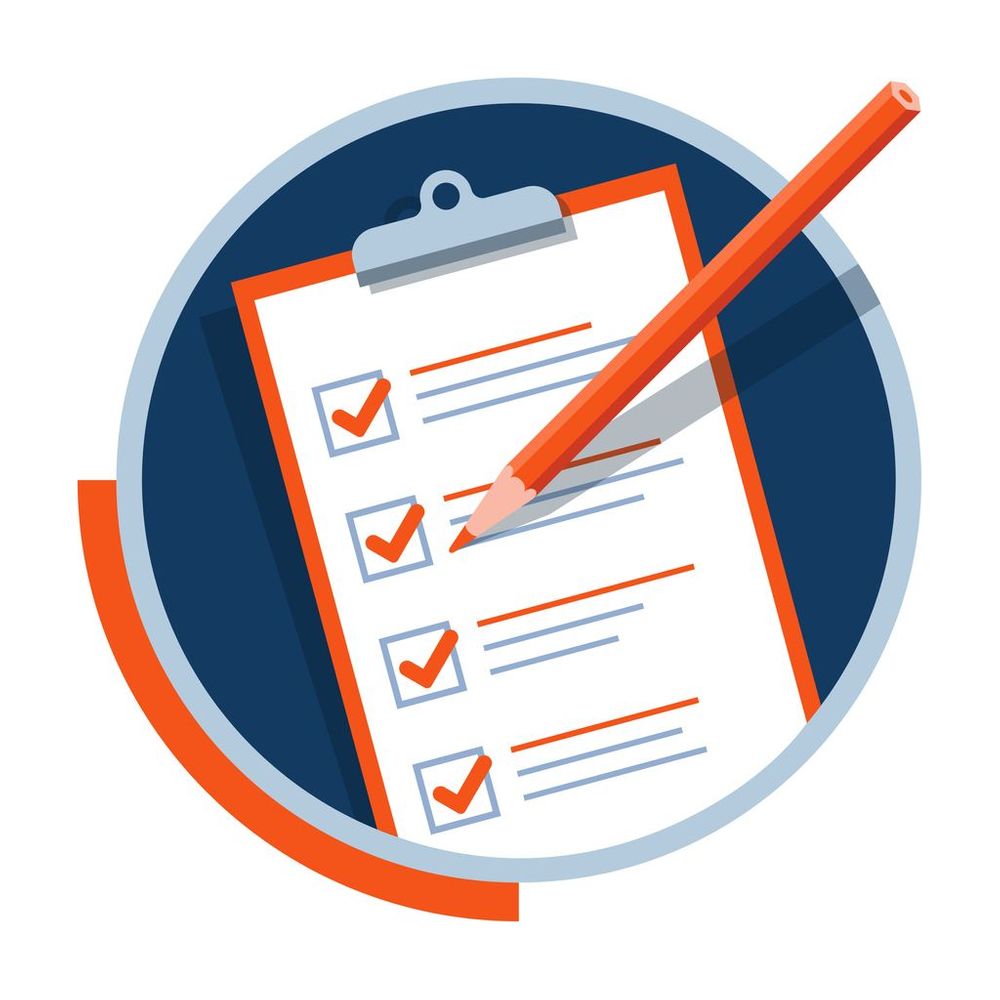
Whether you’re a college grad or at the beginning of a new career path, you’re probably excited to start looking for work. But before you start the job search, there are a few important things you should know. Check out the seven things you should learn before you get a job.
It’s great to have ambition. However, aiming too high for your first job could result in you missing out on the right opportunities. You can still be ambitious as long as you shoot for a job that will set you up for career success.
For instance, you might want to become a high-level manager at a large corporation. With no experience as a leader, you’re highly unlikely to get such a role. You could spend years applying for upper management positions and never receive a job offer.
Instead of being unrealistic, you should first figure out what you need to attain your career goals. Think about what positions could lead you to your dream job. Then, start applying for jobs you qualify for.
People often make the mistake of thinking that networking is only for individuals who are already in their desired jobs or industries. In reality, you should start networking before you enter the workforce.
College is a great place to network. While you’re in school, work on maintaining relationships with your professors and fellow students. When you graduate, your network could help you obtain your first job. An employer is more likely to hire an entry-level worker if they hear about you from a current or former employee.
If you haven’t spent any time networking, it’s not too late for you to start. Join Facebook groups for professionals in your industry and be active on LinkedIn. Along the way, you could meet someone who helps you find a job.
One of the things you should tell yourself is that you’re not married to your career. Why does this matter? If you’re losing sleep trying to figure out how to spend the rest of your life, you should remind yourself that this job doesn’t need to be for an eternity.
You should pick a job you would enjoy, but you also don’t need to remain in an industry or role that you hate. With this knowledge in mind, you may feel more confident picking a job. If you want to be in a certain industry but there are no jobs available, apply for a position that would allow you to easily change industries.
In many cases, an individual’s first job isn’t their dream job. Even if you’re in an industry that doesn’t require a long list of certifications, your ideal position probably requires some experience. After a few years in one role, you may be able to obtain your dream job.
When you apply for jobs, you want to apply to more than just one position. However, you shouldn’t apply to every job you come across. Doing so wastes your time and won’t leave you with the job offer you want.
Why shouldn’t you cast a wide net? If you’re not focusing on a few roles, you’re applying for jobs that you don’t want. You end up wasting time reading job listings and filling out applications for positions that won’t help you reach your career goals. It’s also time-consuming to drastically change your resume for every job.
Instead of applying for every job you find, stick to a few types of jobs. Pick three roles you want, and only apply to jobs that fall under those roles. Additionally, don’t apply for positions with companies you don’t like or share values with.
It’s a common misconception that a resume is just a document. While your resume is a document, it’s so much more than that. A resume is a first impression and a ticket to an interview offer. If you don’t have a strong resume, you won’t have a successful job search.
Before you apply for work, spend some time on your resume. Look at the resumes of other individuals in your desired field. Then, make sure your document has a similar format. You can download resume templates online if you have trouble.
When you write your resume, keep everything as relevant as possible. If you don’t think an experience or skill applies to the job, remove it from your resume. You might want to have a few different resumes targeted to different positions. Every time you apply for a job, read over your resume to keep it relevant.
As you start applying for positions, take the process seriously. If someone sets up a phone interview with you, prepare for the experience. Research the company and write down a few key points. As you do the research, check the company’s social media presence, mission statement, and press releases.
You should do similar research for in-person interviews. Furthermore, you should prepare for the interview by planning out answers to common interview questions. With good preparation, you avoid stumbling over your words or giving the wrong answer to a question.
Even more importantly, preparing for the job search makes you confident. When you have confidence in yourself, the hiring manager has confidence in you.
After you have a successful interview, you can negotiate a better salary or benefits package. Most people hesitate to do so because they don’t realize that salary negotiation is possible. However, it’s fairly common for job applicants to negotiate their salary before accepting the position.
Before you negotiate for a better salary, do some research. Use numbers to justify your request, and don’t come across as greedy. For instance, your research might reveal that the supervisor of your role earns $55,000. If you ask for a $60,000 the company won’t agree. Ask for a fair salary and show the hiring manager why you’re worth that salary.
Lorem Ipsum is simply dummy text of the printing and typesetting industry. Lorem Ipsum has been.
